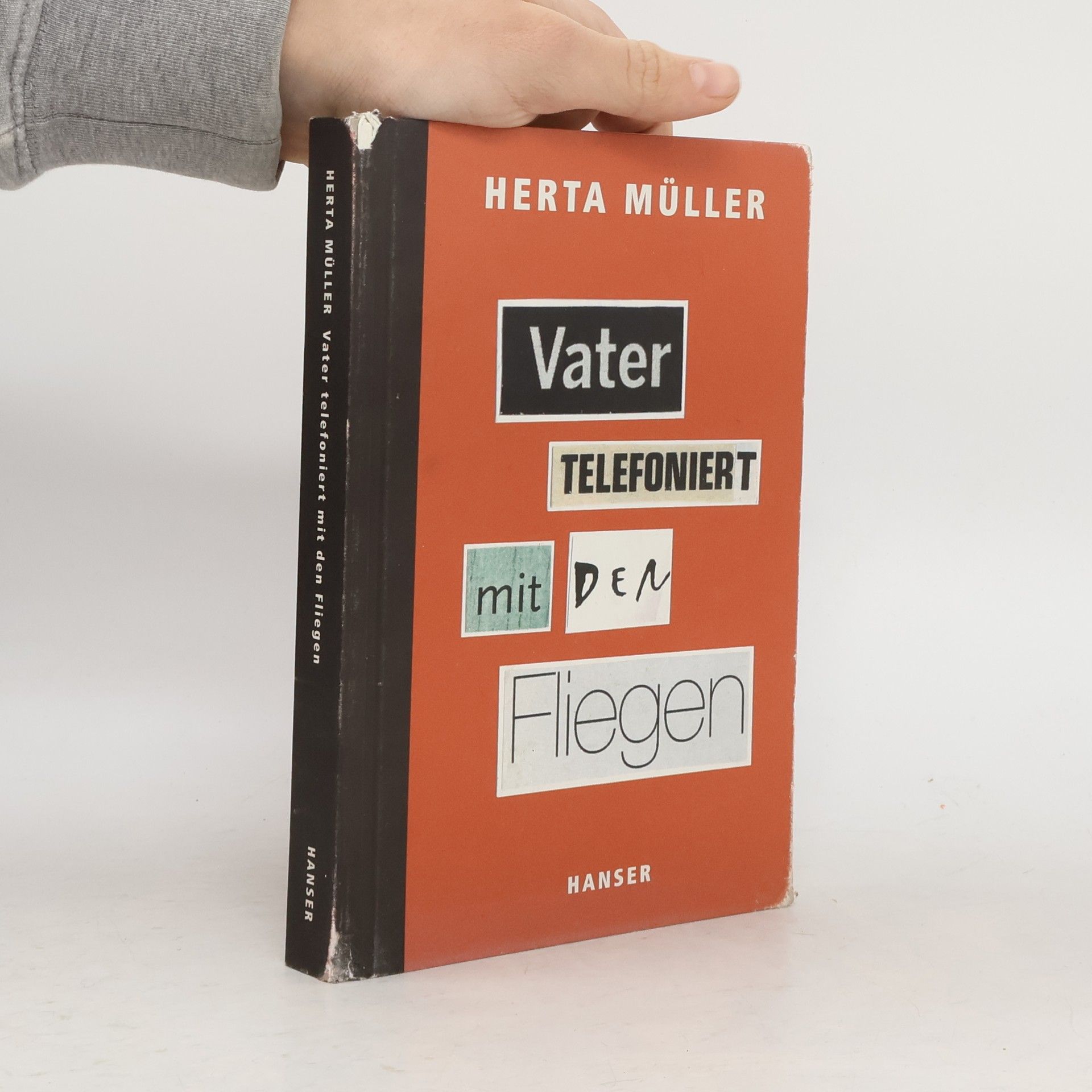Herta Müllerová Knihy
Herta Müller sa vo svojej tvorbe zameriava na životy ľudí zbavených majetku a postavenia. S básnickou presnosťou a prozaickou otvorenosťou vykresľuje ich krajiny a osudy. Jej diela sa často ponárajú do zložitých tém útlaku a ľudskej odolnosti. Jej literárna vízia skúma hĺbku ľudskej skúsenosti pod ťarchou nespravodlivých systémov.

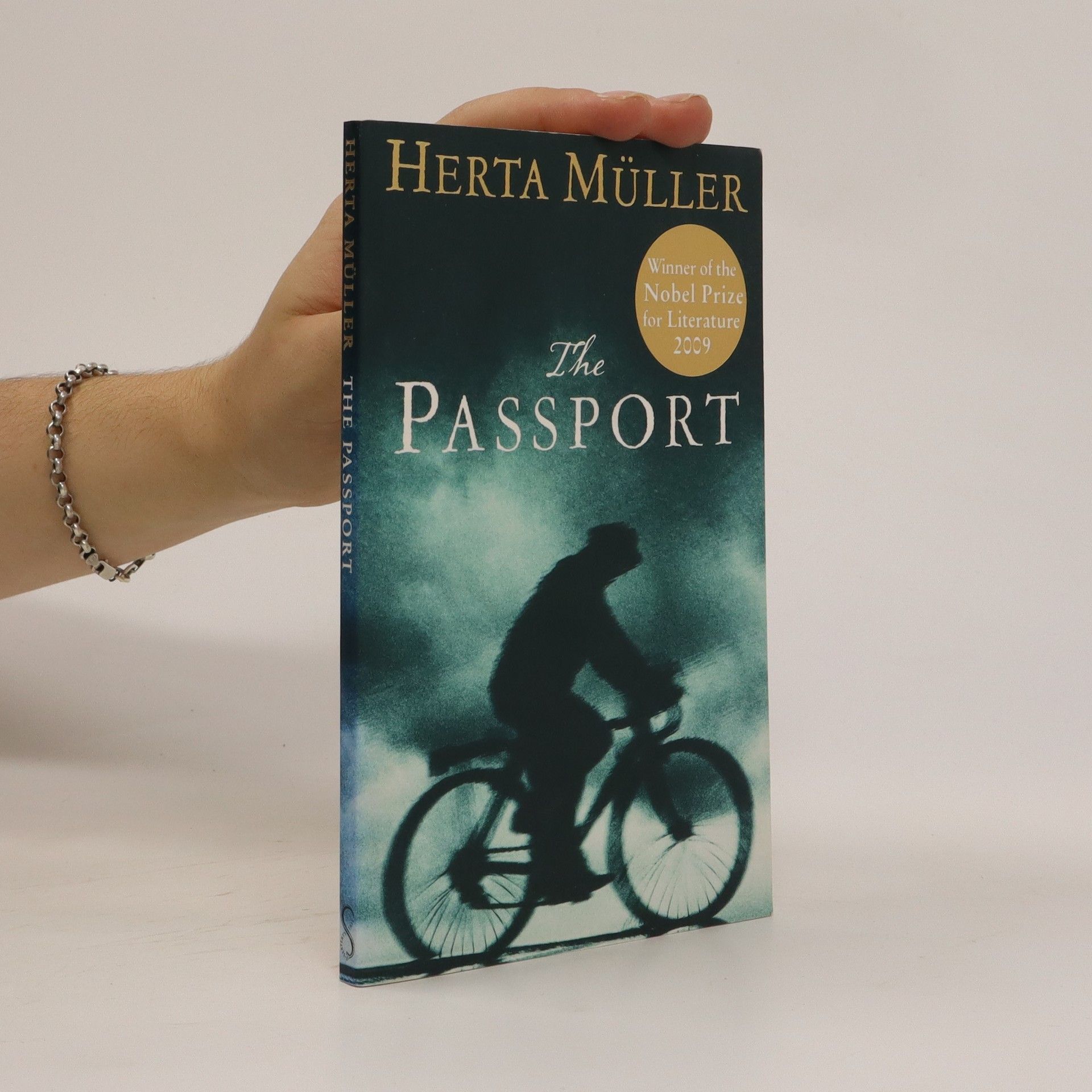
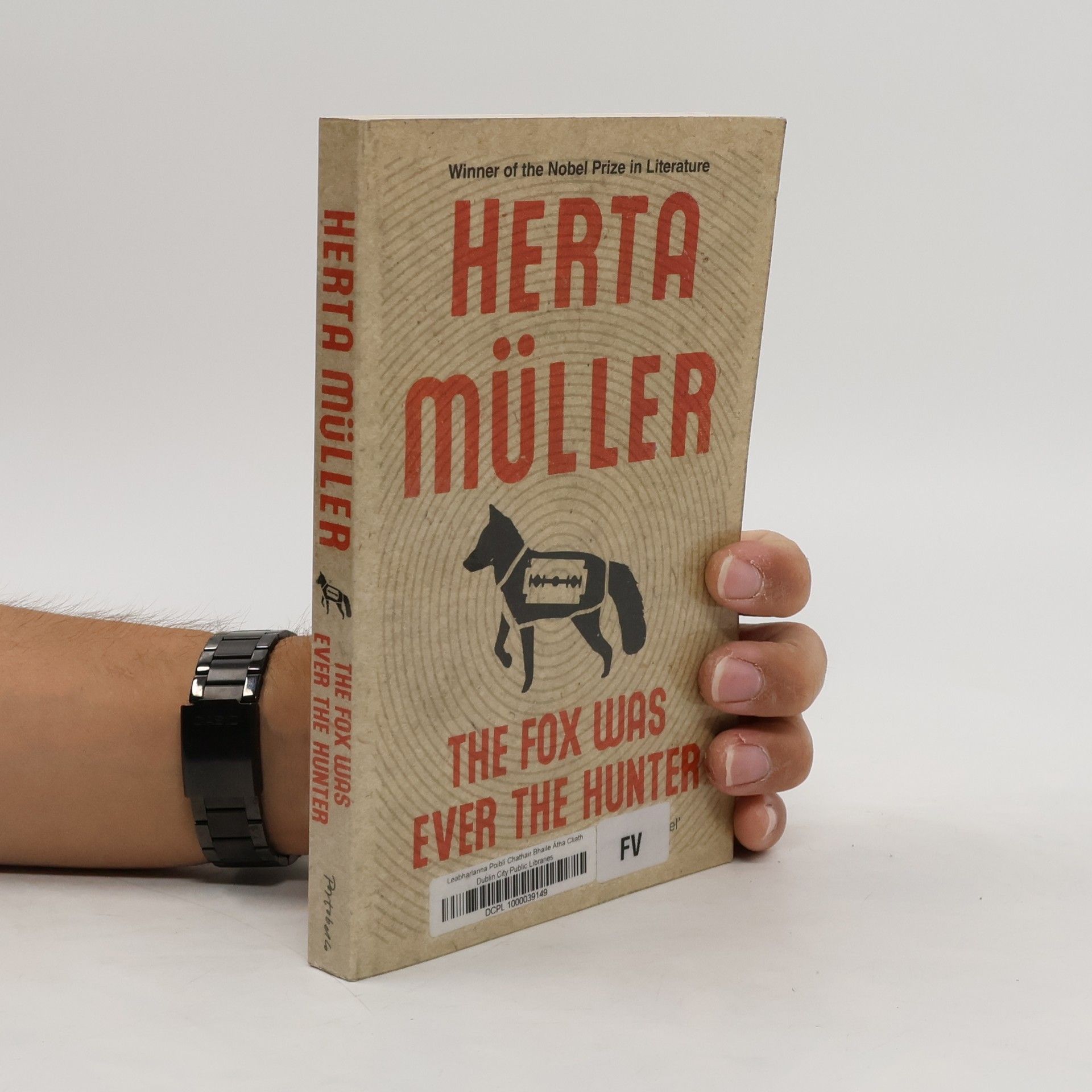
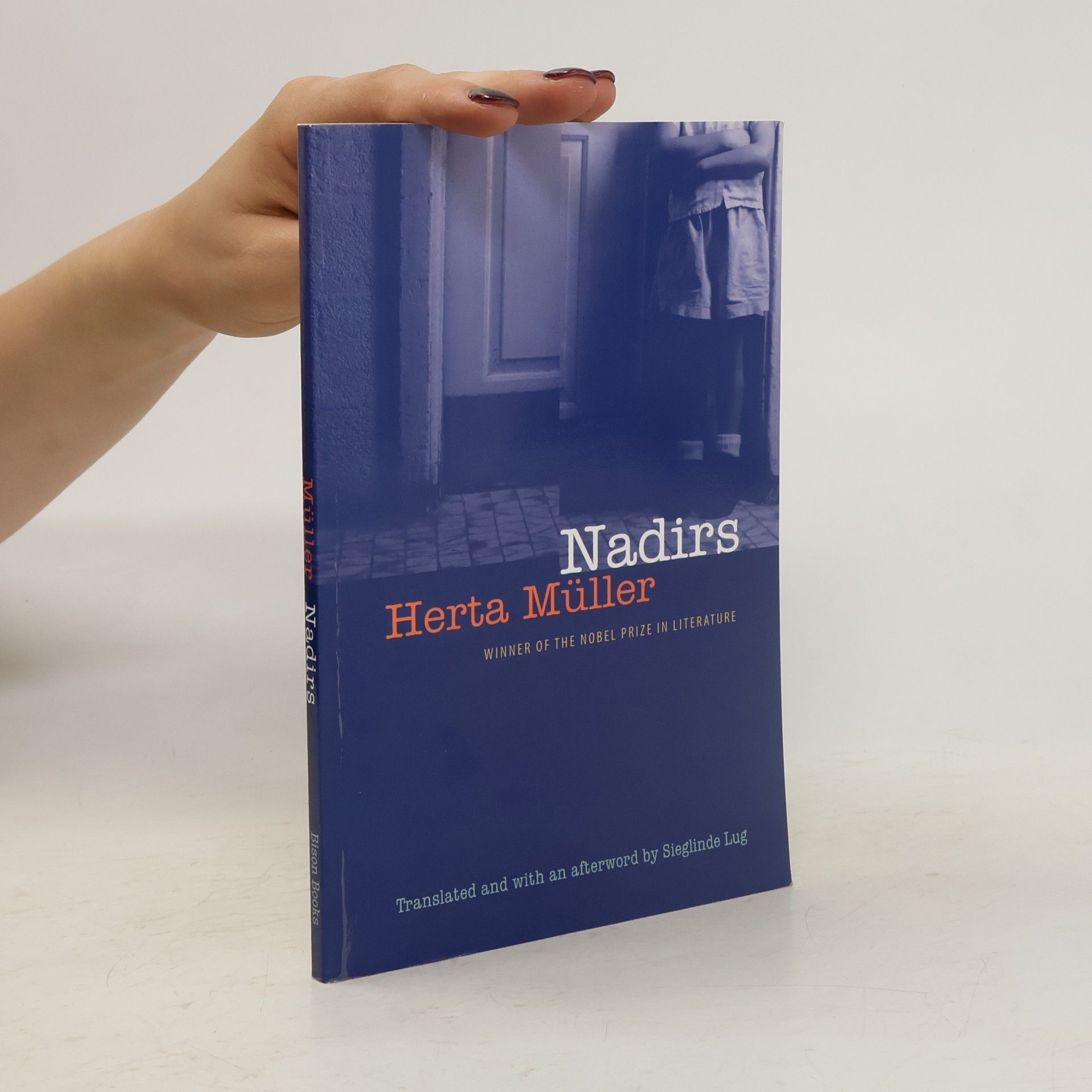
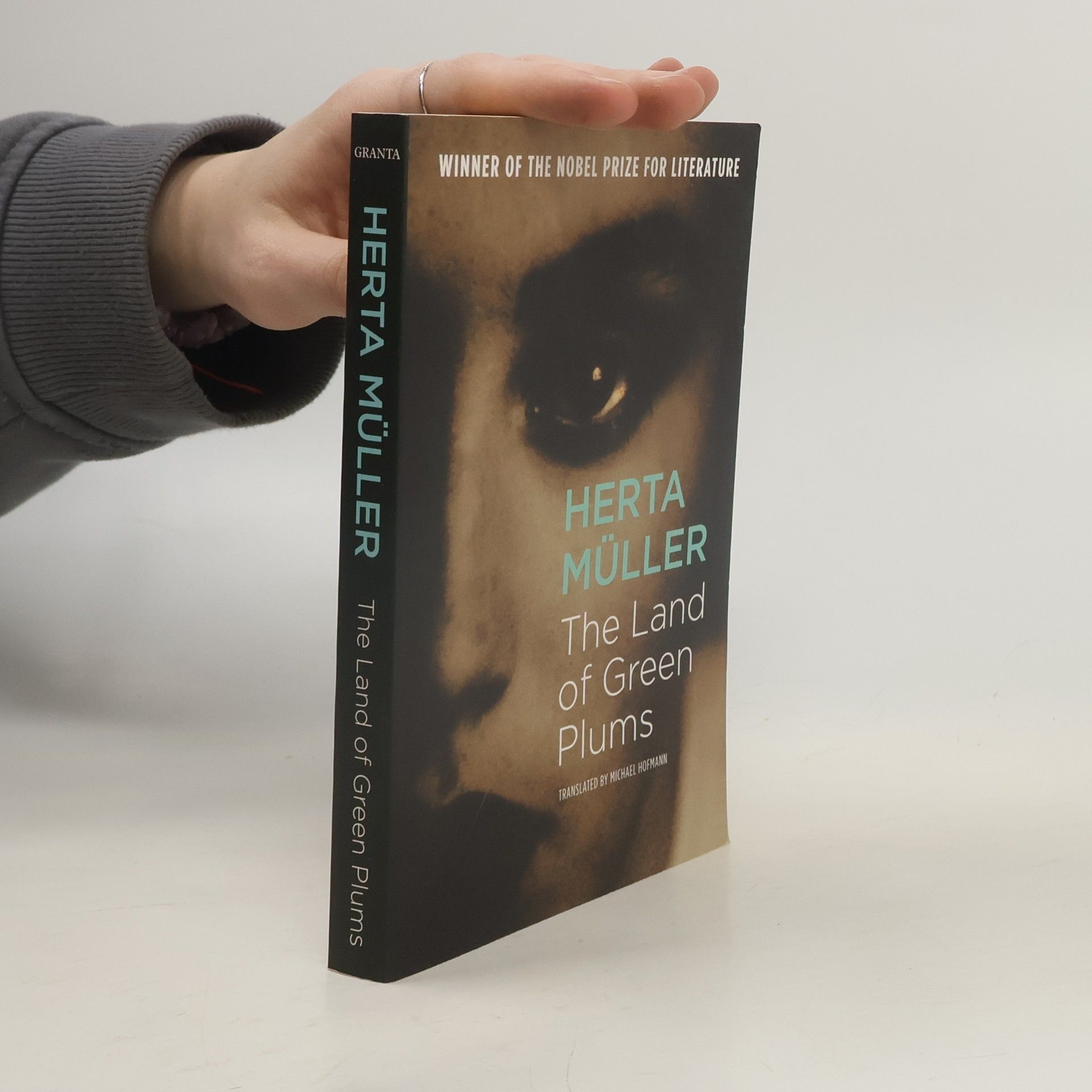
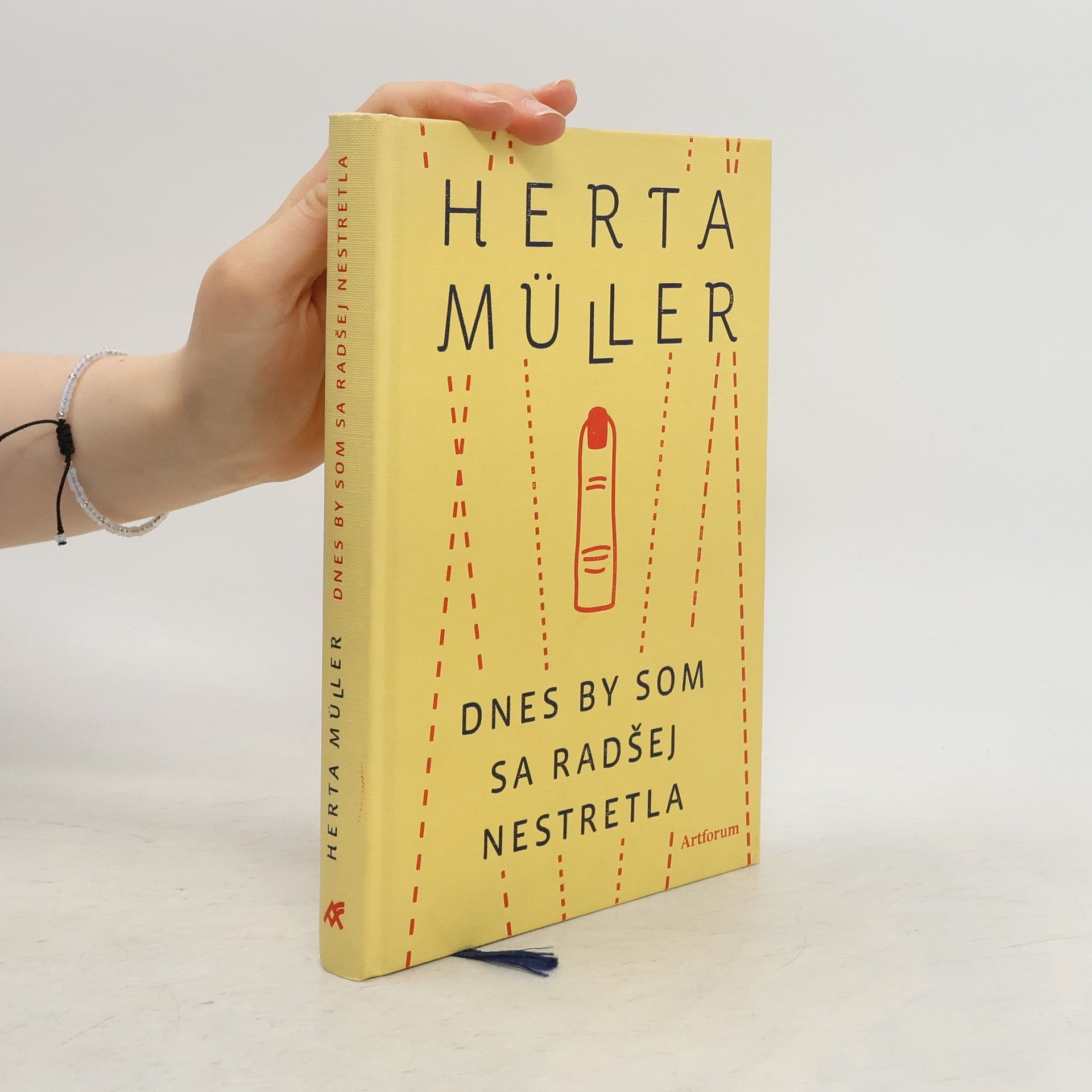
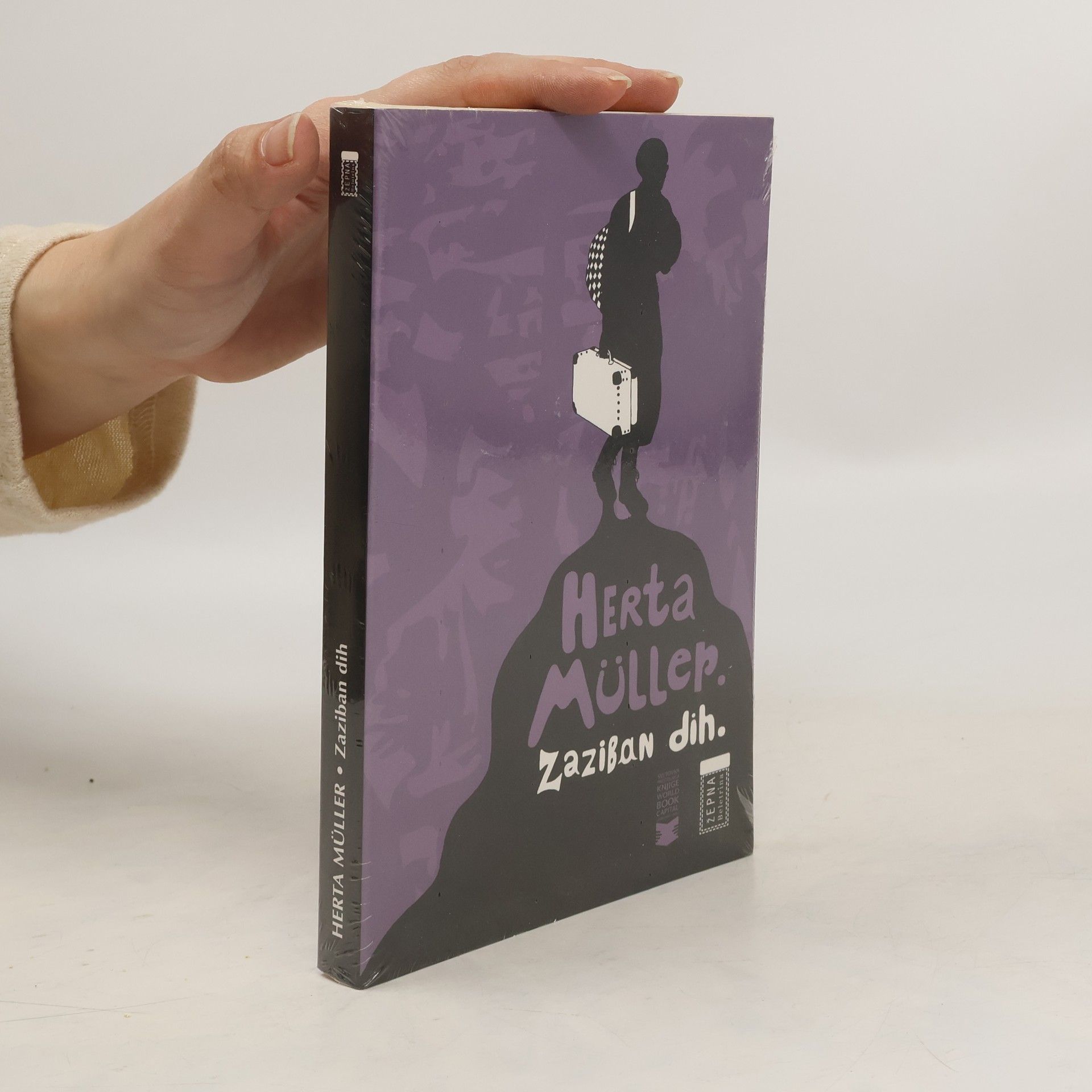
Dnes by som sa radšej nestretla
- 172 stránok
- 7 hodin čítania
Herta Müller (1953) je nemecká spisovateľka rumunského pôvodu, nositeľka Nobelovej ceny za literatúru za rok 2009. Vo svojich dielach sa nástojčivo vracia k hrôze a banalite zla v komunistickej diktatúre. Román Dnes by som sa radšej nestretla, poeticky skomprimovaný do jednej cesty električkou k budove tajnej polície, sýti slovami príbehy dotýkajúce sa života mladej ženy, ktorá „je predvolaná“.
The Land of Green Plums
- 256 stránok
- 9 hodin čítania
Set in Romania at the height of Nicolae Ceausescu's reign of terror, this haunting novel tells the story of a group of young students, each of whom has left the impoverished provinces in search of better prospects in the city. It is a profound and powerful look at a totalitarian state which comes to inhabit every aspect of life; to the extent that everyone, even the most strongest, must either bend to the oppressors, or resist them and perish.
Nadirs
- 126 stránok
- 5 hodin čítania
Juxtaposing reality and fantasy, nightmares and dark laughter, this title presents a collection of largely autobiographical stories based on Herta Muller's childhood in the Romanian countryside.
The fox was ever the hunter
- 256 stránok
- 9 hodin čítania
A haunting and cinematic early masterpiece set in Ceaucescu's Romania from Herta Muller, the winner of the 2009 Nobel Prize in Literature.
The passport
- 96 stránok
- 4 hodiny čítania
From the winner of the 2009 Nobel Prize in Literature“[The Passport] has the same clipped prose cadences as Nadirs, this time applied to evoke the trapped mentality of a man so desperate for freedom that he views everything through a temporal lens, like a prisoner staring at a calendar in his cell.”—Wall Street Journal“A swift, stinging narrative, fable-like in its stoic concision and painterly detail.”—The Philadelphia InquirerThe Passport is a beautiful, haunting novel whose subject is a German village in Romania caught between the stifling hopelessness of Ceausescu’s dictatorship and the glittering temptations of life in the West. Stories from the past are woven together with the problems Windisch, the village miller, faces after he applies for permission to migrate to West Germany. Herta Müller (Herta Mueller) describes with poetic attention the dreams and superstitions, conflicts and oppression of a forgotten region, the Banat, in the Danube Plain. In sparse, poetic language, Muller captures the forlorn plight of a trapped people.
Father`s on the Phone with the Flies - A Selection
- 200 stránok
- 7 hodin čítania
An unexpected, exciting work from one of the most protean writers ever to win the Nobel Prize. To create the poems in this collection, Herta Müller cut up countless newspapers and magazines in search of striking phrases, words, or even fragments of words, which she then arranged in the form of a collage. Father's on the Phone with the Flies presents seventy-three of Müller's collage poems for the first time in English translation, alongside full-color reproductions of the originals. Müller takes full advantage of the collage form, generating poems rich in wordplay, ambiguity, and startling, surreal metaphors--the disruption and dislocation at their core rendered visible through stark contrasts in color, font, and type size. Liberating words from conformity and coercion, Müller renders them fresh and invests them forcefully with personal experience.
„Heimweh ist keine gute Idee“ – eine Wort für Wort gefundene Geschichte der Literaturnobelpreisträgerin Herta MüllerHerta Müller erfindet eine neue literarische Form des Erzählens. Eine Geschichte in Collagen. Gezeigt werden Szenen im Auffanglager einer deutschen Kleinstadt. Einer der Beamten in der Erzählung ist ein gewisser Herr Fröhlich von der Prüfstelle B. Ein anderer breitet bei jeder Begegnung die Arme aus wie ein Vogel und sagt Oh, Oh, Oh. Aberwitzige Gespräche mit ihnen werden zu einem unfreiwillig komischen Schlagabtausch. Und dann ist da das Heimweh der Geflohenen, das immer größer wird und an den Himmel anwächst. Meisterlich versteht es Herta Müller, Bilder dafür zu finden, wie sich Ohnmacht anfühlt, und was Willkür anrichtet. Sie sind rätselhaft, abgründig, manchmal auch komisch, und immer hochpoetisch.
Der 'Fremde Blick' ist kein literarisches Merkmal, er entsteht vielmehr durch Überwachung und Verfolgung in einem totalitären Staat. Herta Müller erzählt eindringlich, wie sich ihr 'Fremder Blick' unter der Diktatur Ceausescus in Rumänien entwickelte, und wie sie ihn bei ihrer Auswanderung nach Deutschland unweigerlich mitbringen musste.
Vater telefoniert mit den Fliegen
- 207 stránok
- 8 hodin čítania
Herta Müller hat eine neue Form im Umgang mit Wörtern gefunden: ein poetisches Puzzle aus Zeitungspapier - ein Wunderwerk der Phantasie. Die aus Rumänien stammende Literaturnobelpreisträgerin 2009 schickt einzelne Wörter auf die Reise, dichtet mit der Schere: Aus Zeitungen und Zeitschriften schneidet sie Wörter, Buchstaben und Bilder heraus und stellt diese zusammen, bis sie sich reimen. Die derart komponierten Texte sind so frei, dass sie sich niemand hätte ausdenken können - ein Wunderwerk der Phantasie.


